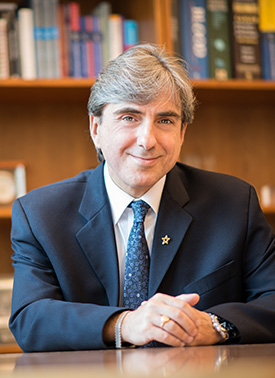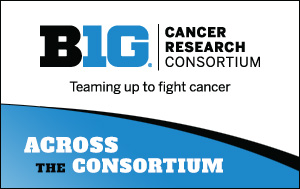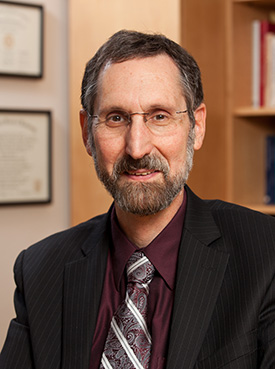July 1, 2016:

Leonidas Platanias, MD, PhD, director of the Robert H. Lurie Comprehensive Cancer Center of Northwestern University
Q: How do you think cancer research will change in the next 10 to 20 years?
This is an exciting time in oncology, and we see tremendous opportunities to advance cancer prevention, diagnostics and therapeutics in ways that were unimaginable just a few years ago. Immunotherapy and genomics, two of the most compelling areas of research today, will provide unprecedented opportunities to control – and in some cases cure – treatment-resistant cancers.
The Lurie Cancer Center OncoSET (Sequence, Evaluate, Treat) Program, launched in 2015, combines genomic sequencing and molecular diagnostics to identify new, individually tailored treatments and clinical trials. We recently initiated the Lurie Cancer Center OncoSET Clinic, under the leadership of Massimo Cristofanilli, MD, Associate Director for Precision Medicine and Translational Research. The OncoSET Molecular Tumor Board, a multidisciplinary group of physicians and scientists, reviews the results and recommends a personalized treatment plan. To the best of my knowledge, this is the first site-agnostic, molecular pathway-driven clinic in Chicago.


 A conversation with Theodore Lawrence, MD, PhD, director of the
A conversation with Theodore Lawrence, MD, PhD, director of the 













Subscribe to the Big Ten CRC Newsletter X
X Facebook
Facebook YouTube
YouTube